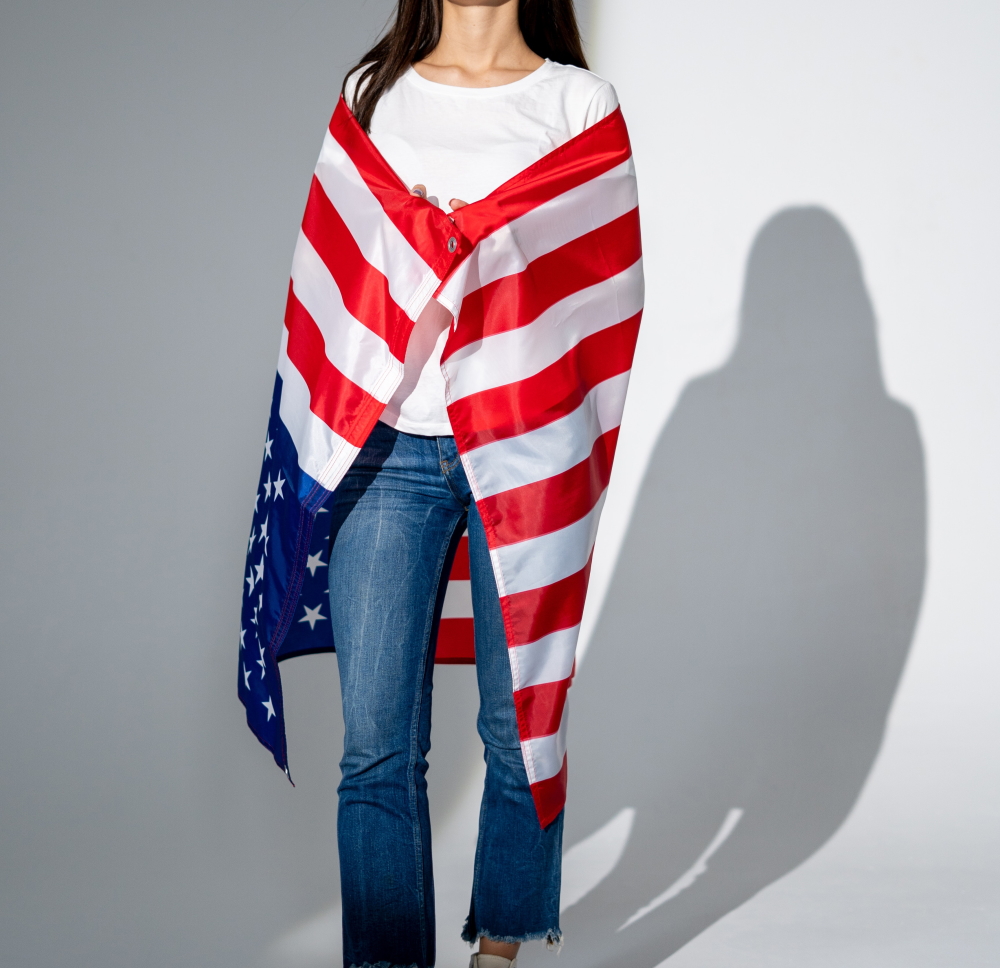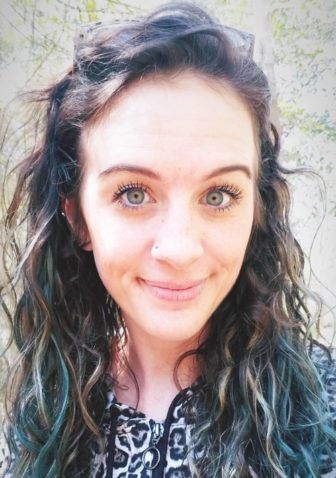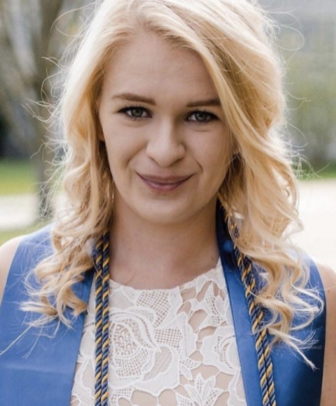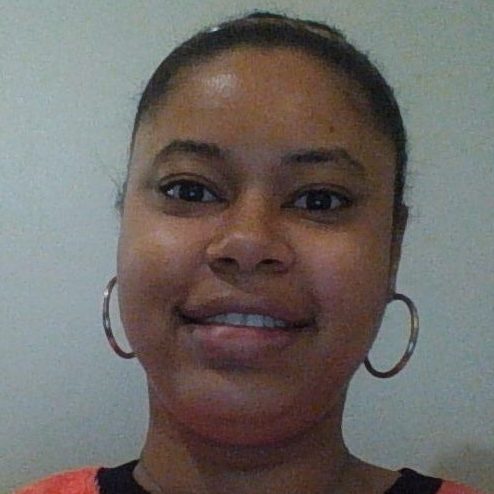 GURVEER SETHI/SHUTTERSTOCK
GURVEER SETHI/SHUTTERSTOCK
[EDITOR’S NOTE: This was written before the news that President Donald Trump has been infected by COVID-19.]
Since the very beginning of the pandemic, President Donald Trump’s approach to addressing the crisis has been criticized and critiqued by people all over the country. At his conferences, despite warnings from top medical experts, he does not insist attendees wear masks or remain six feet away from each other. In April he even suggested the possibility of people injecting household disinfectant to treat the virus.
Still, there are many who think he is doing a great job of handling the many updates about the virus. Having the pandemic happen during an election year has made addressing COVID-19 a political issue. I spoke to two women to get their views on the president’s response.
Chelsea Layton is 31 and lives in Surf City, North Carolina. She has Charcot Marie Tooth type 1A, an inherited neurological disorder that affects the peripheral nerves. She runs an Instagram account where she provides disability-friendly exercises and motivations.
She said, “I am heartbroken for all those who have been affected by or lost their lives to COVID-19. I believe there are examples set in other parts of the world where their containment and treatment of COVID-19 has been far more successful.”
From watching TV news I can tell you there are others who agree that this country was not the most prepared in taking steps to combat the spread of coronavirus. As the country surpasses 1 million cases, Americans have been verbal about Trump’s lack of consistency and enforcement of things like face masks and social distancing. This has left many to wonder how his laxity will impact the election.

Chelsea Layton
Jessica Hirsch is 25 and lives in Shrewsbury, Massachusetts. As someone living with physical disability, chronic illness, cognitive deficits and multiple traumatic brain injuries, she spends her time advocating for the rights of veterinarians and veterinary medicine students with disabilities. She was the first to create and occupy the position of disability justice liaison on Tufts Veterinary Council on Diversity at the Cummings School of Veterinary Medicine at Tufts University.
Like others, she did not want to specify her thoughts about Trump’s response to COVID-19 but she did talk about how the virus has influenced today’s politics.
“I prefer not to comment on the president’s specific response to COVID-19. I will, however, comment that I think the response from government officials across the board was generally underwhelming. I believe if the pandemic had not hit on an election year, we would be experiencing a very different reality in the United States today,” she said.
Both spoke about how COVID-19 has affected young people with disabilities.

Jessica Hirsch
Hirsch said she has had to put off medical treatment due to the pandemic, but feels only “mildly affected” compared to other young people with disabilities.
“I was originally scheduled to have a surgery in April of 2020 and was not able to have surgery until three months later in July due to the current pandemic,” she said. “Additionally, I personally have had to forgo some of my treatment due to offices being closed.”
Layton feels young people with disabilities are experiencing more issues with mental health than before the pandemic.
“I think that disabilities [bear] a weight on the mentality of youth and that the separation and isolation caused by COVID-19 is potentially exacerbating this issue,” she said.

Deandra Mouzon
Personally, I think that something as unprecedented as COVID-19 is a difficult thing for anyone to handle. However, I do believe that because it is an election year politicians have a stake in how our country addresses the issues that arise and how we are perceived by other nations.
Young Americans with disabilities have varying opinions about Trump’s response, but also our response as a country compared to others.
Deandra Mouzon is a Georgia-based journalist who received a B.A. in journalism from CUNY’s York College. Currently she is working on a publication about youth with disabilities.































